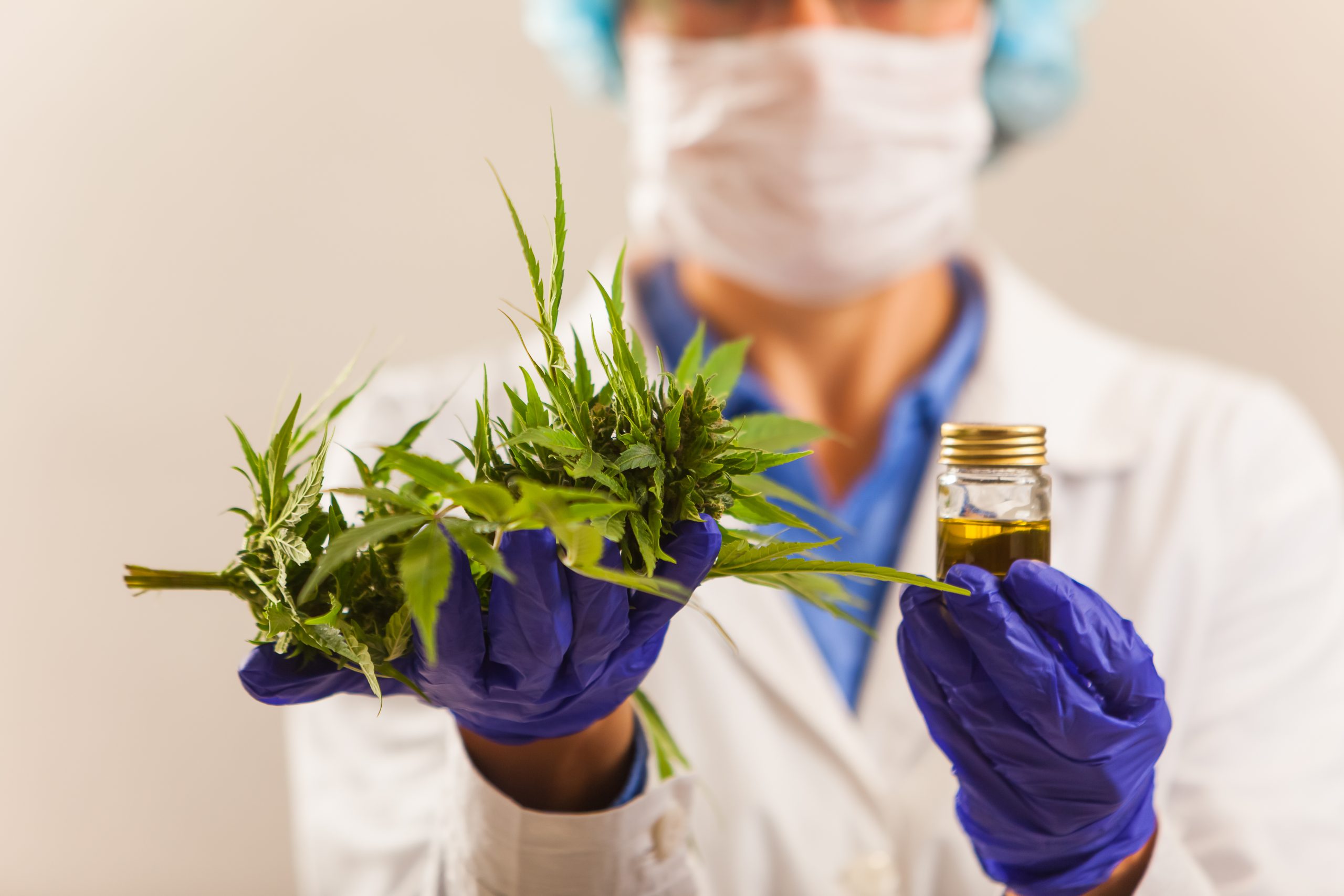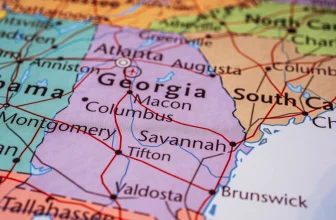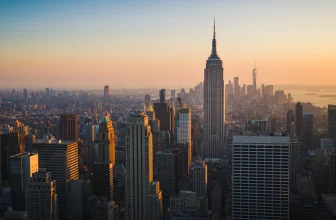Did the DEA Just Advocate for Marijuana Legalization?

Table of Contents
Are you sitting down?
The United States Drug Enforcement Administration (DEA) just proposed that the country ramp up its marijuana and psilocybin production.
There’s a lot to unpack there, so let’s dive in.
Why is the DEA Proposing Increased Marijuana Production?
Why would the agency specifically tasked with suppressing the production and flow of Schedule I substances publicly advocate for them? The answer is research. The DEA believes that ramping up the production of both marijuana and psilocybin could aid pharmaceutical companies in developing new therapeutic medications with federal approval.
The official notice from the DEA will be published on Thursday in the Federal Register. In it, they state their proposition: “significant increases” in production of “the schedule I substances psilocybin, psilocin, marihuana, and marihuana extract, which are directly related to increased interest by DEA registrants in the use of hallucinogenic controlled substances for research and clinical trial purposes.”
The statement clarifies that the DEA firmly supports the research of these Schedule 1 controlled substances under regulation. This means that their increased Aggregate Production Quotas are purely intended to fill the needed quantities for novel research and development of new drug products.
Furthermore, the statement notes that “the study of marijuana effects in particular” is important in moving toward approval of new drugs by the Food and Drug Administration.
How Much Does the DEA Want to Produce?
The DEA is calling for the production of around 2 million grams of marijuana in 2021. That is equivalent to around 4,400 pounds and represents an additional half-million grams from their previously stated quota at the start of the year. They’re also calling for the manufacture of 500,000 grams of cannabis extract — a more than 100% increase compared with its original quota.
Interestingly, the same trends are present for the hallucinogens psilocybin and psilocin. These drugs are the primary sources of the psychoactive effects of magic mushrooms.
The initial quota for psilocybin was just 50 grams. That number just skyrocketed to 1,500 grams — an increase of 2,900%. They had also originally called for just 50 grams of psilocin but are now calling for 1,000 grams (a 2,000% increase).
What Does This Mean For Federal Marijuana Legalization?
This is by no means the first time the agency has changed its production quotas for cannabis and other Schedule I drugs. However, the language of this particular announcement reflects a shift in tone from the DEA.
In particular, the tone is more progressive and takes cues from the increasing wave of state-level legalization. It is certain to raise eyebrows among long-term cannabis skeptics who might assume a different attitude from the DEA. Here, the agency is openly encouraging research into the therapeutic effects of both cannabinoids and psilocybin.
While this move will not in itself be the tipping point for federal legalization, it creates an image of an increasingly enthusiastic federal ecosystem. In the future, politicians looking to sculpt their positions on cannabis may count the DEA as in favor due to their position in this statement.
Anyone interested in this proposal will have 30 days to submit their comments following this Thursday’s release. For researchers and advocates, barring any unforeseen setbacks, this is a promising moment.
[ Read More: Master P Interview – 520 Cannabis Freedom Day ]
The DEA Turning a New Leaf?
Above all, this statement shows a new level of willingness on the part of the DEA (and, by proxy, the FDA) to treat marijuana and psilocybin as worthy recipients of scientific study. Despite their Schedule I status, there is clear potential for marijuana and psilocybin to play a profound role in the next generation of medical therapies.
The DEA also made a bold move by ending the University of Mississippi’s 5-decade monopoly on federally authorized cannabis production. Instead, the field is now open to additional growers, which could make it much simpler for the agency to meet its production goals.
In the meantime, advocates are still pushing for the strict laws around marijuana and psilocybin to be relaxed. Their frustration is exacerbated by the fact that there are clear grounds to consider these substances as therapeutic remedies.
And last week, a petition to have the DEA reevaluate their scheduling of cannabis was dismissed — however, this may soon change as the agency could have to reconsider its policies.
[ Read More: Cannabis, Sports, And Our Changing World ]






